Nick Berger Director of Specialty Services | Western Wisconsin Health
Nick Berger Director of Specialty Services | Western Wisconsin Health
Substance use disorders affect communities nationwide, impacting individuals and families alike. In rural areas, accessing effective treatment can be challenging due to transportation barriers and limited local resources. Western Wisconsin Health (WWH) is addressing this issue by offering a Medication Assisted Therapy (MAT) program called Recovery Support Solutions.
The MAT program at WWH combines FDA-approved medications such as Suboxone (buprenorphine-naloxone) or Vivitrol (naltrexone) with counseling and behavioral health support. This approach helps reduce cravings, manage withdrawal symptoms, and develop new habits that support long-term recovery. A patient-provider shared-decision making model allows individuals to communicate their preferences and select the best course of action for their needs.
Karissa, a Nurse Practitioner in Addiction Medicine since 2018, has worked with various substance use disorders including prescription pills, heroin, fentanyl, methamphetamine, cocaine, and alcohol. She emphasizes the importance of harm reduction strategies in empowering people to lead healthier lives.
"Substance use alters the brain’s chemistry," she explains. "But the brain also has the ability to heal and adapt through neuroplasticity." Studies show that MAT combined with therapy can help reshape the brain's neuropathways and support recovery.
Despite scientific evidence supporting addiction management as a chronic disease, access to these services remains inequitable. Transportation is often a significant barrier for patients from rural areas seeking consistent care. A 2014 study by Pullen and Oser highlighted transportation as one of the primary challenges in accessing addiction treatment in rural areas.
To address this issue, WWH offers van rides to and from its clinic in Spring Valley, bringing high-quality integrated care directly to local communities. Karissa notes that stigma is another obstacle: "Treating addiction as a chronic medical condition is essential."
Western Wisconsin Health is committed to treating patients holistically—addressing both mind and body—with dignity and respect through its MAT program and integrated behavioral health services.
Patients interested in scheduling MAT services with Karissa at the Spring Valley Clinic can call 715-684-1172. The clinic also offers family medicine services three days a week for preventative care and chronic disease management; appointments can be made by calling 715-684-1111.
For more information on specific services provided at Western Wisconsin Health, visit www.wwhealth.org.
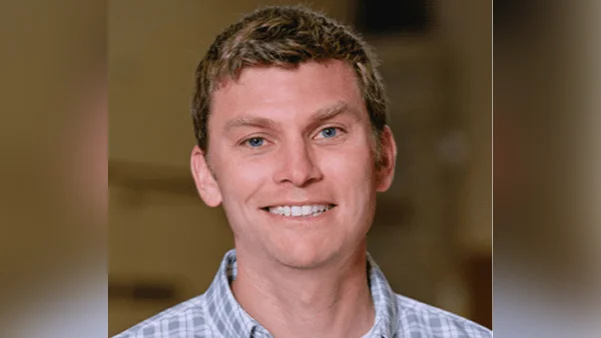
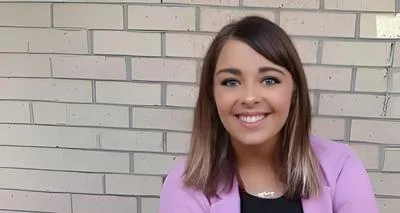
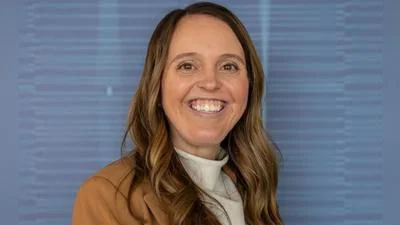

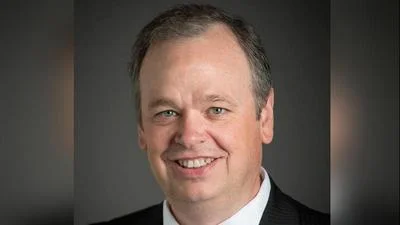
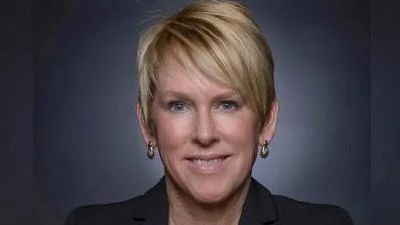
 Alerts Sign-up
Alerts Sign-up